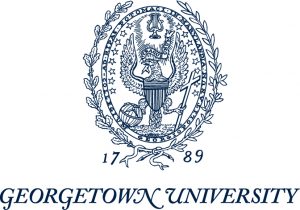 A former NIH postdoc recruited to a tenure-track position last year committed multiple acts of misconduct in two papers, according to the U.S. Office of Research Integrity.
A former NIH postdoc recruited to a tenure-track position last year committed multiple acts of misconduct in two papers, according to the U.S. Office of Research Integrity.
According to the new notice, issued by the ORI, Colleen Skau altered results and multiple figures across the papers, published in Cell and PNAS.
The misconduct occurred while she was completing a postdoc in the Cell Biology and Physiology Center at the National Heart, Lung, and Blood Institute. Last year, The Cancer Prevention and Research Institute of Texas (CPRIT) announced that Skau was among eight targets of a recruitment grant; the grant, totaling $2 million USD, was designed to help entice her to accept a tenure-track position at the University of Texas Southwestern Medical Center. We’ve been unable to find a faculty page for Skau at UT Southwestern, and have contacted the university to determine whether she accepted a position there.
According to the ORI, Skau:
Continue reading Target of $2M recruitment grant falsified several images: ORI
 The U.S. National Institutes of Health is closing PubMed Commons, the feature that enabled readers
The U.S. National Institutes of Health is closing PubMed Commons, the feature that enabled readers  The week at Retraction Watch featured “
The week at Retraction Watch featured “







 A former postdoc at Emory and Georgetown Universities falsified data in manuscripts and a grant application to the U.S. National Institutes of Health, according to the Office of Research Integrity (ORI) at the U.S. Department of Health and Human Services.
A former postdoc at Emory and Georgetown Universities falsified data in manuscripts and a grant application to the U.S. National Institutes of Health, according to the Office of Research Integrity (ORI) at the U.S. Department of Health and Human Services.